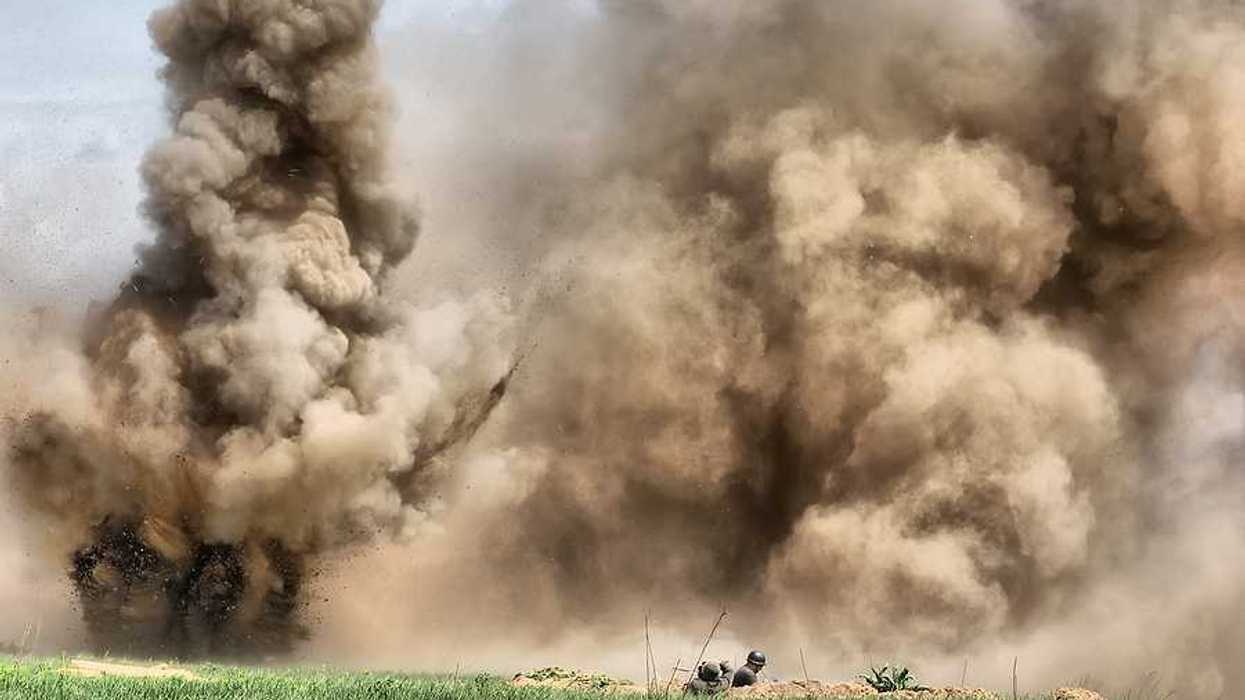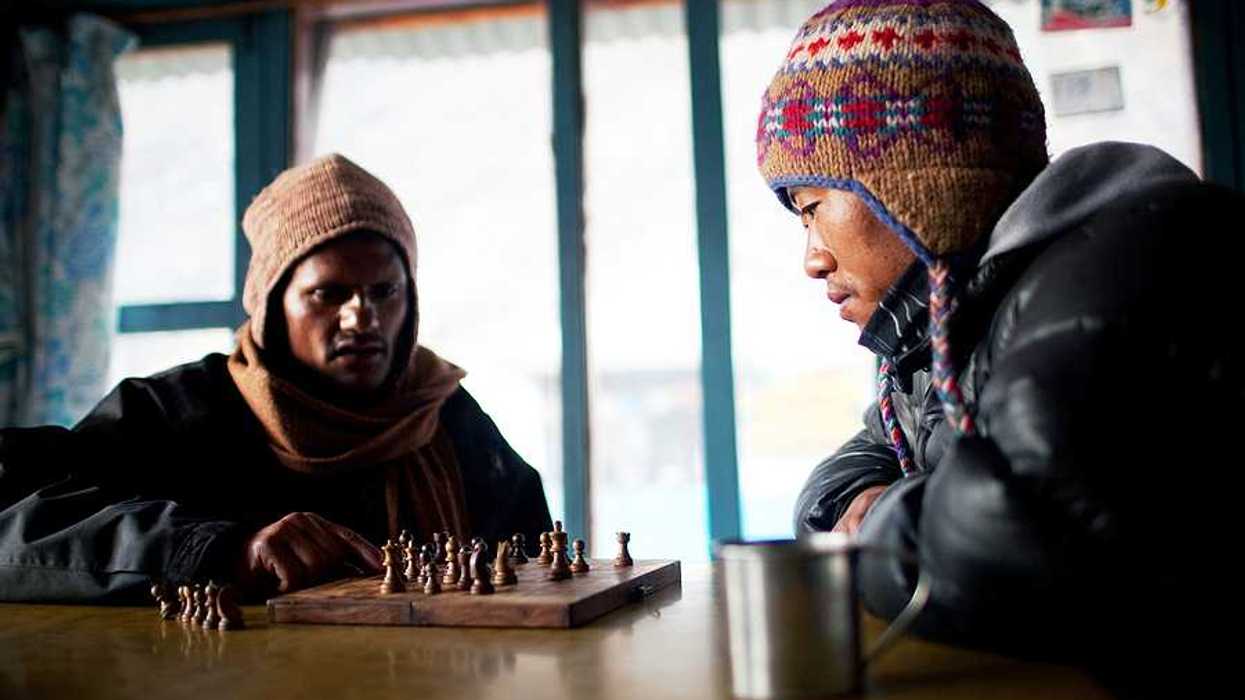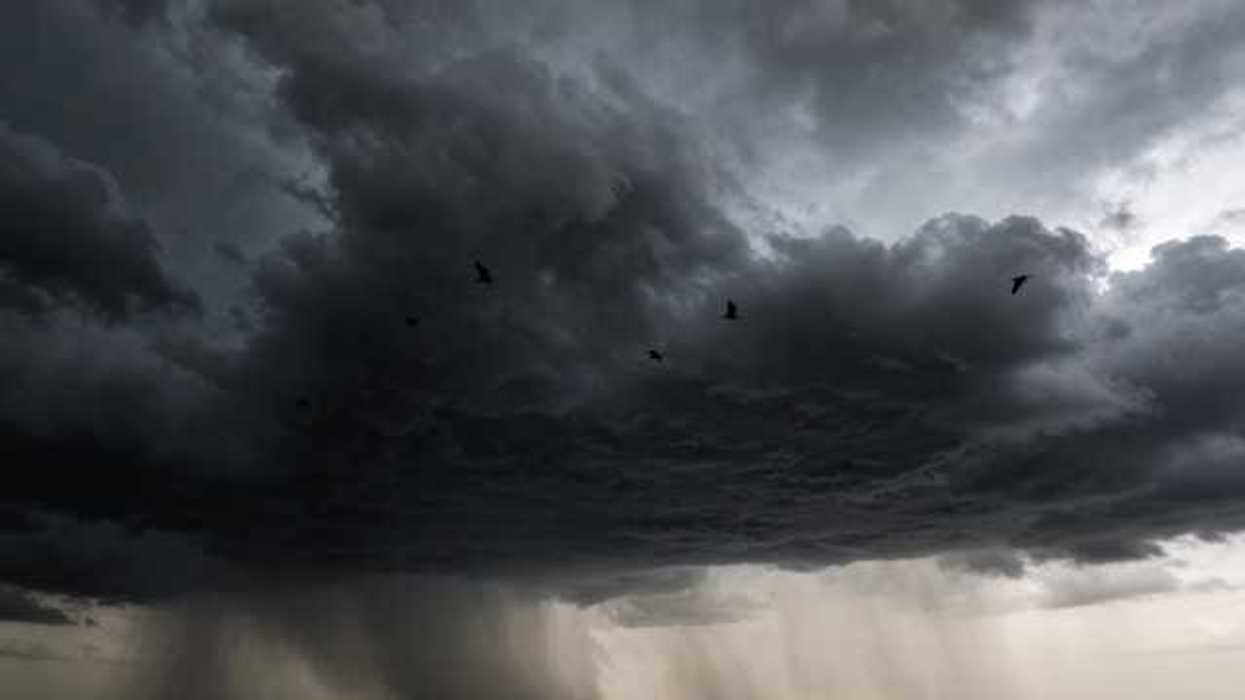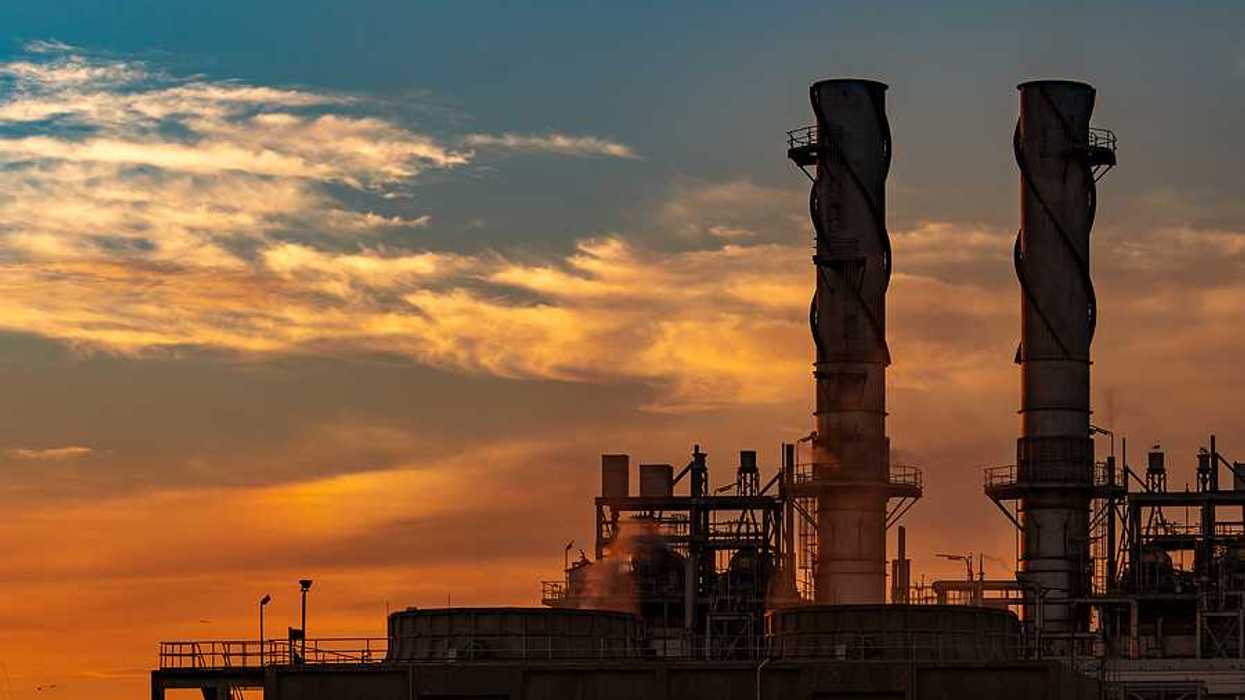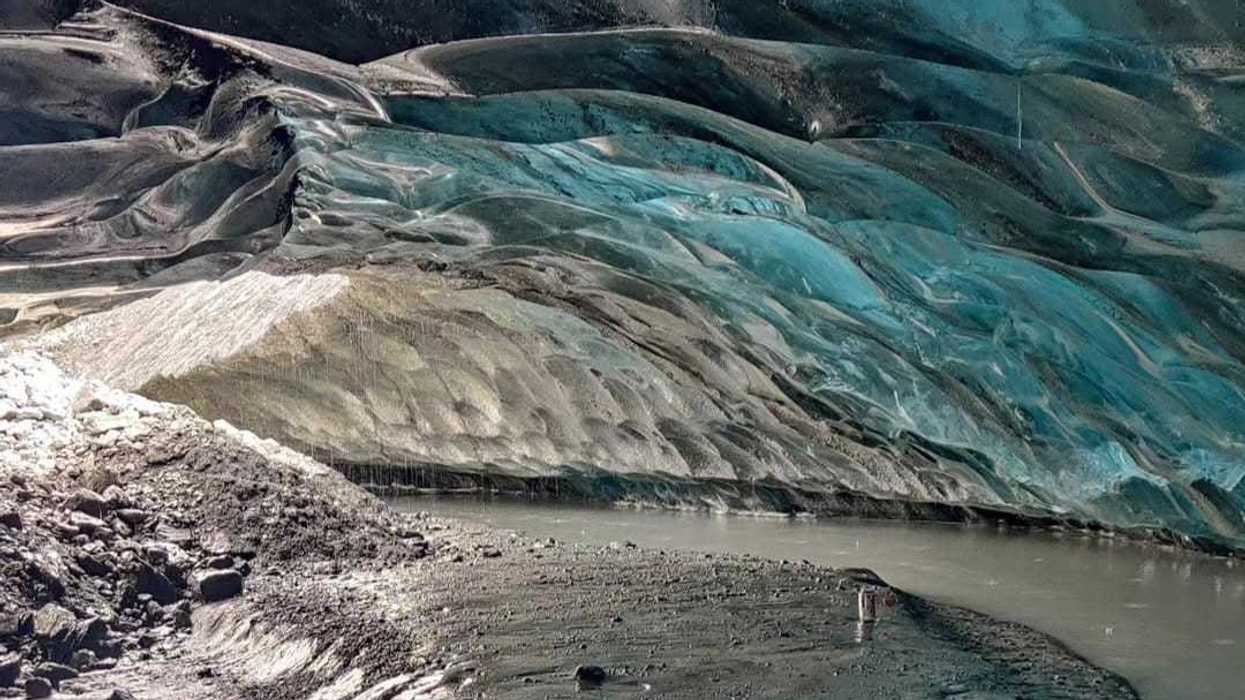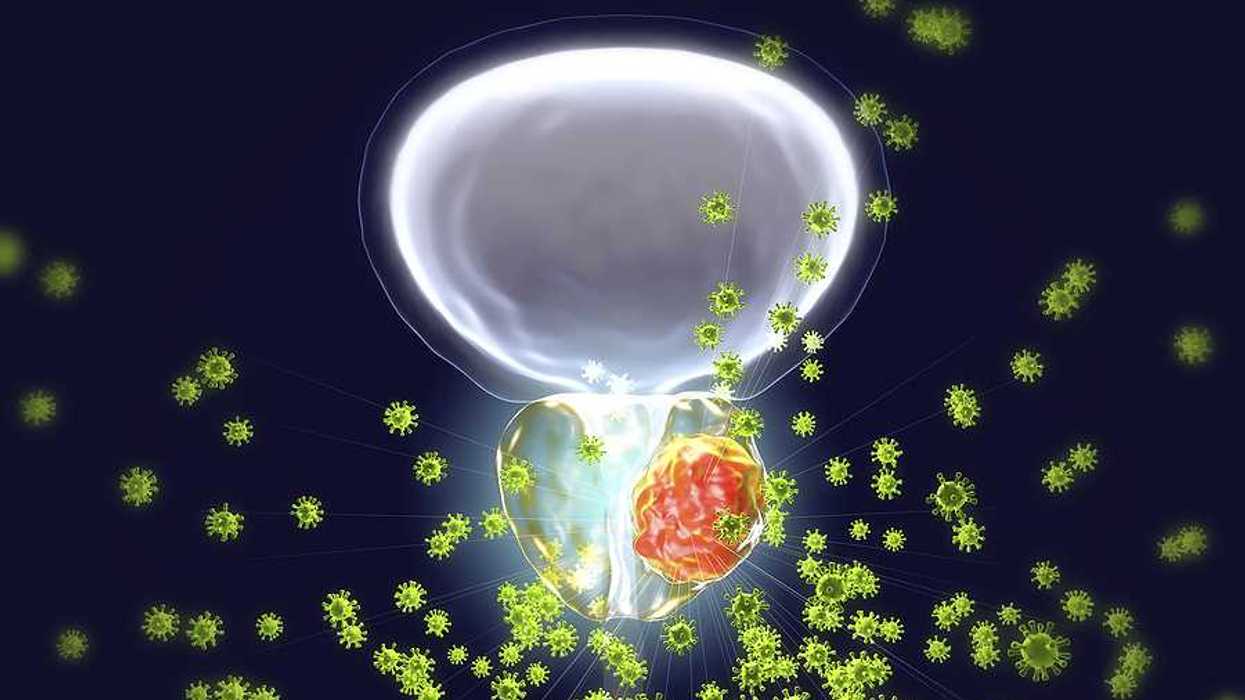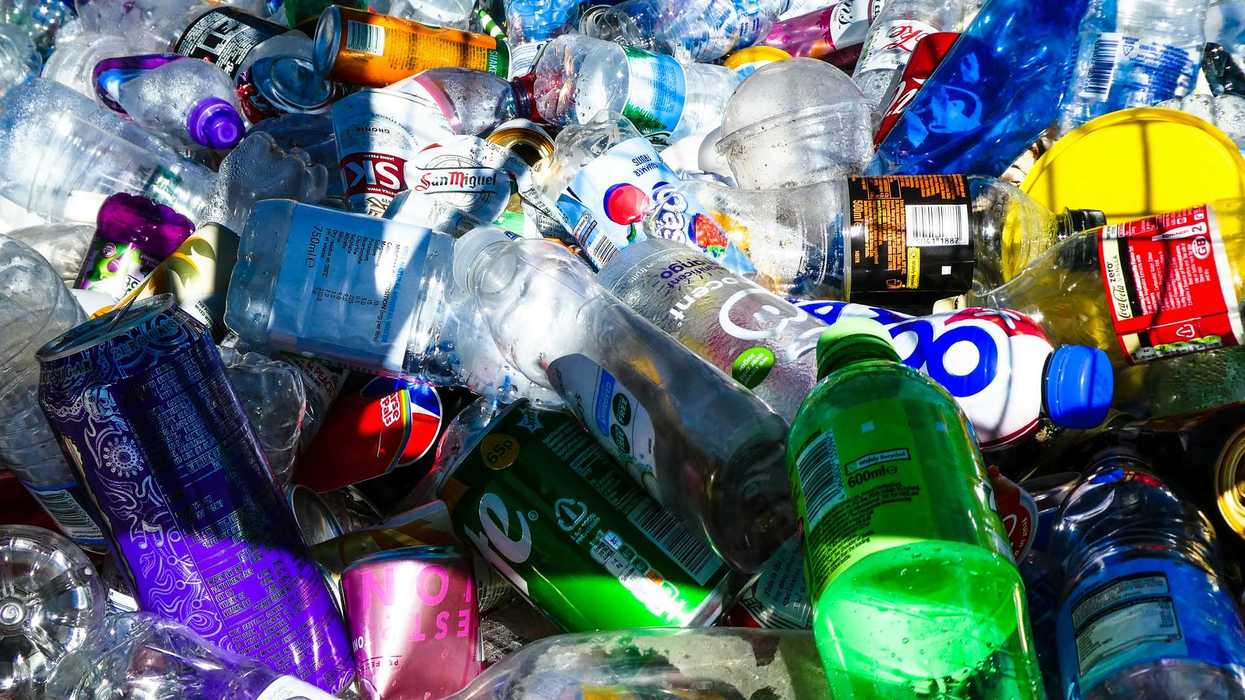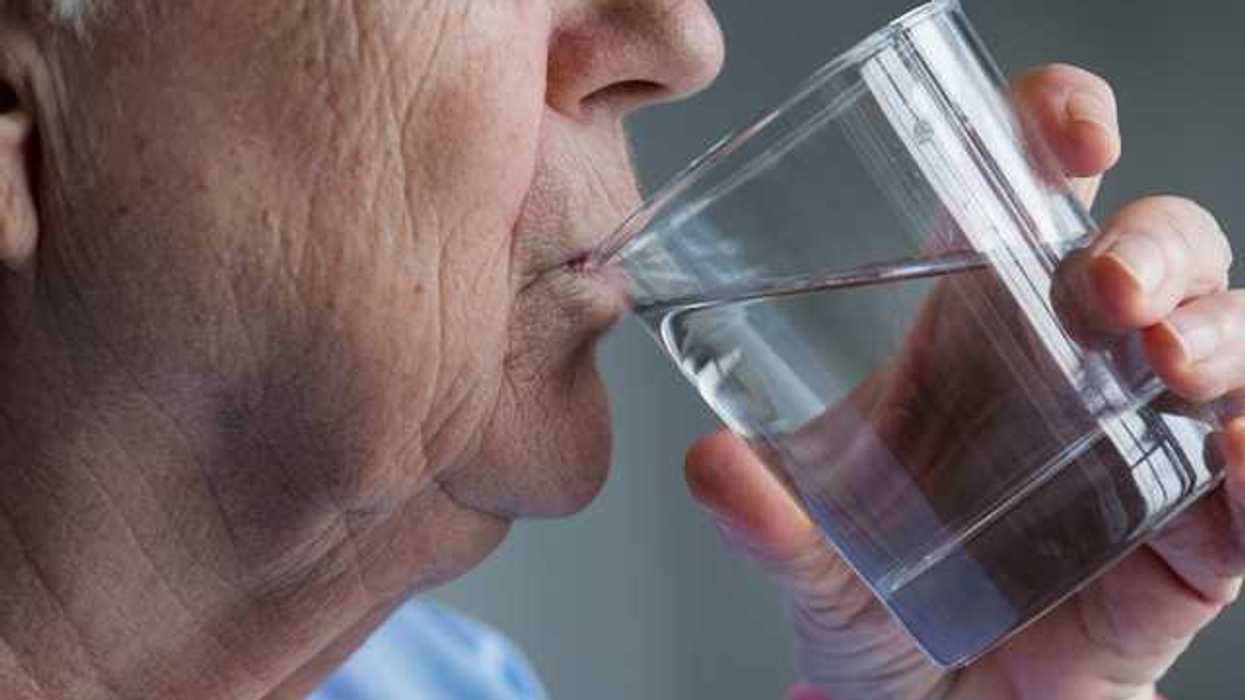A fast-moving wildfire near Jerusalem forced evacuations, disrupted memorial events, and led Israel to seek international firefighting aid as strong winds and dry conditions fueled the blaze.
Aaron Boxerman reports for The New York Times.
In short:
- Wildfires near Jerusalem prompted the evacuation of several towns and the closure of major roads, coinciding with Israel’s annual memorial day.
- Firefighting efforts were hampered by high winds and dry weather, with planes unable to operate; at least 19 people sustained light injuries.
- Israel requested international assistance, and the Palestinian Authority offered help, though Israeli officials have not confirmed whether they would accept it.
Key quote:
“This specific fire was advancing at eight meters per second. There has been nothing like it. When we talk about global warming, this is the reality.”
— Eyal Caspi, head of Israel’s fire and rescue service
Why this matters:
Wildfires are becoming more frequent and intense worldwide, driven by rising global temperatures and changing weather patterns. In Israel and other Mediterranean regions, hotter, drier conditions extend fire seasons and increase risks to both human life and natural ecosystems. Fires can devastate forests, harm biodiversity, and pollute air quality, threatening both environmental and public health. As climate change accelerates, communities worldwide must contend with both the direct dangers of fires and the broader environmental shifts that make such disasters more common and severe.
Related:


